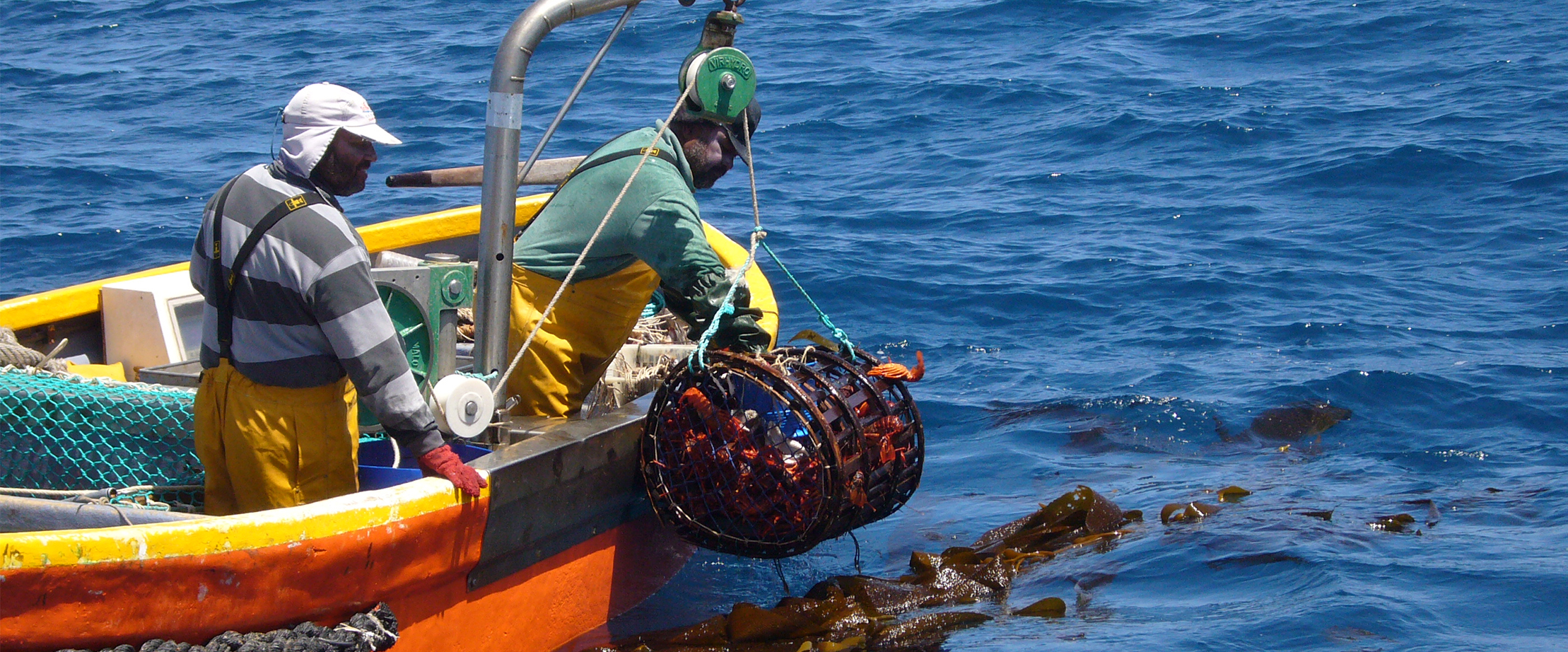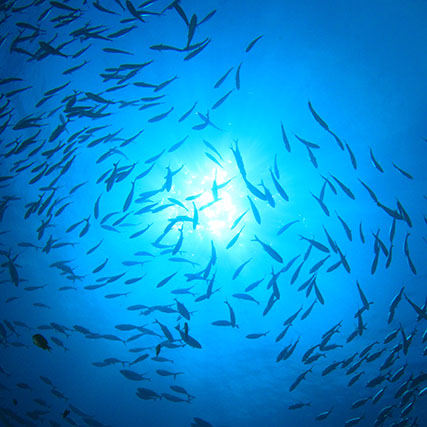SAPMER has committed itself to sustainable fishing since 1947. Being an active role player in the preservation of marine resources is an ongoing imperative for our teams, working in strict compliance with regulations and quotas.
The MSC Patagonian Toothfish, a strictly regulated fishery
The regulatory framework governing the fishing of the Patagonian Toothfish is one of the most stringent and binding in the world. It is subject to individual fishing quotas determined before each fishing campaign on the basis of scientific data analyzed by the agents of the Paris Natural History Museum. In this respect, the French Southern and Antarctic Lands administration (TAAF), responsible for southern fisheries, established a management plan in 2015 in collaboration with all fishing-related stakeholders and SAPMER. This plan formalizes actions undertaken by the company for the preservation of the Patagonian Toothfish resource. Furthermore, the fishing data recorded on each one of SAPMER longliners participating in this fishery near the Kerguelen and Crozet Islands contributes to the scientific database on the Patagonian Toothfish. These elements are strictly checked by a fisheries TAAF controller on board 24h/24h and during all tides of all ships. Information on this rare fish is therefore continuously compiled, so that the evolution of the species may be evaluated. The knowledge gained contributes to actions undertaken by the company in favor of sustainable fishing.The Rock Lobster, a marine resource that should be preserved
Fishing for Rock Lobster has become a tradition for SAPMER since 1947. From the very beginning, its teams have been committed to sustainable fishing so as to preserve Rock Lobster resources. The fishing quotas allocated by the French Southern and Antarctic lands at the beginning of each campaign around Saint Paul and Amsterdam Islands are strictly respected by the teams. In 2006, this area was classified as a marine nature reserve of the French Antarctic Territories. SAPMER fishermen still pursue their activities in close collaboration with the agents of the reserve in a bid to preserve this unique environment.In an attempt to contribute to the efficient management of marine resources, SAPMER therefore committed itself to a vast operation in Spring 2016 aiming at improving knowledge on the Rock Lobster. No fewer than 5000 lobsters were tagged and counted, thereby leading to a better understanding of the species’ migration patterns. This also enables the quantification of the resource in order to better protecting it.
Committed to tuna sustainable fishing
Our objectives are to secure the sustainability of tropical tuna resources, reduce by-catch, value them and ensure the preservation of marine ecosystem.Our Friend Of the Sea Wild and FAD free certifications, our 100% Bureau Véritas on-board human observer coverage, our procurement and management policies on FAD and non-entangling FAD’s exclusive deployment , as well as our fleet registrations’ on the ISSF Proactive Vessel Register (PVR ISSF) and the ISSF Vessels Engaged in Other Sustainability Initiatives Register (VOSI ISSF), aim to guarantee the sustainability of resources and the protection of marine ecosystems.



